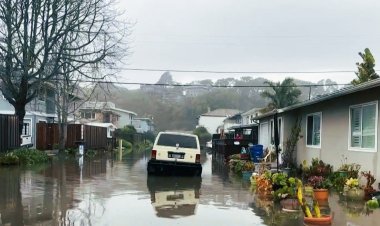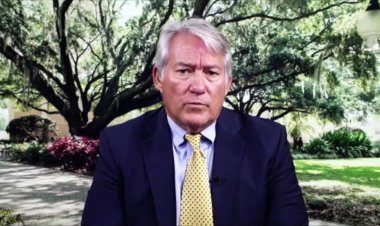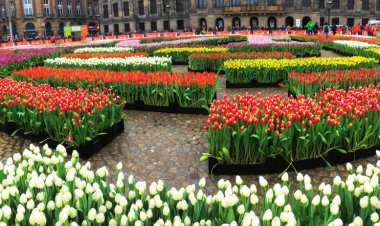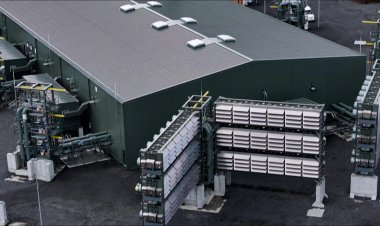Thai... caviar? Farm produces delicacy in tropical climate

At his upmarket Bangkok restaurant, Michelin-starred chef Thitid "Ton" Tassanakajohn spoons black caviar onto a plate, adding the newly affordable Thailand-made delicacy to his reinterpreted traditional family recipes.
The luxury food, better associated with chilly northern nations, is breaking into the Southeast Asian country's fine-dining scene, with the 37-year-old celebrity cook able to economically serve the roe thanks to an innovative farm outside the capital.
Using high-tech harvesting methods, a Thai-Russian partnership is offering a more ethical and affordable product, sparing the endangered fish that provide the delicacy from their usual fate of death.
"The price is... more affordable, I would say, compared to the ones that we imported," Ton explained, as he sprinkled caviar over Thai dip "Lhon Pu" at his restaurant Lahnyai Nusara.
Using caviar also helps challenge perceptions that Thai cuisine must always be spicy with strong flavours, he added.
"I think it's opened many doors for many chefs to use it as well," he said.
Roughly 200 kilometres away at the popular seaside resort town of Hua Hin, it is time to harvest "black gold" at the Thai Sturgeon Farm, which supplies local distributor Caviar House.
Hundreds of the giant fish swim in tanks kept at a balmy 21 degrees Celsius (70 Fahrenheit) -- a world away from the chilly Caspian Sea where the species live in the wild.
"No one else has this kind of farm in a tropical climate," the farm's co-owner Alexey Tyutin said.
The fish -- considered living dinosaurs -- can survive for up to 100 years and are typically up to four metres long.
Traditionally caviar producers kill the female fish to extract the eggs, but Tyutin's farm "milks" the sturgeon.
Using the fish for as long as possible helps make the venture sustainable and profitable, the 55-year-old said.
During harvesting, fish are moved to the "winter room", initially set at six degrees Celsius and increased to 15, before their eggs are extracted.
"Let's say if the fish weighs 25 kilograms, we usually expect about 2.6 to 2.7 kilograms of caviar," Tyutin said, adding that the farm estimates it may produce up to two tonnes this year.
Breeding sturgeons in a simulated environment requires vast amounts of energy -- despite the use of solar panels, the monthly electricity bill is almost $9,000.
"We are chilling down the water because the water temperature outside is 31 degrees. These fish can't tolerate it and they will die immediately," Tyutin said.
But Thailand's tropical climate has given the business a competitive advantage as the higher water temperature helps sturgeons mature at six years old compared to 11 in Russia.












